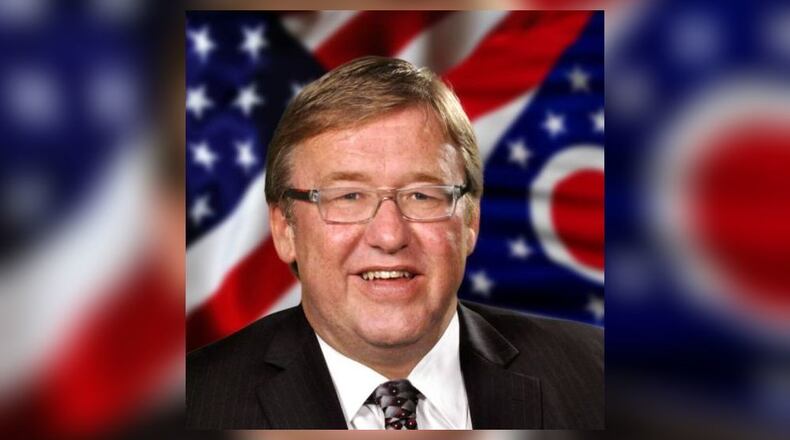Premier Health officials have urged the community to get vaccinated and mask-up to reduce the strain on the already-overwhelmed hospitals and to minimize the number of patients that require intensive care. And while vaccinations continue to be a critical tool in fighting the virus, particularly in reducing hospitalizations and deaths, Omicron is proving able to cause breakthrough cases among vaccinated individuals at a rate much higher than other variants. Plus, the federal government has said rapid, at-home tests are not proving reliable in detecting Omicron – part of why we are seeing the quickest explosion in case numbers since the pandemic began.
This leaves Ohio with only one viable option to assist these hospitals while keeping local schools and businesses open: the state should provide quality-certified masks to every citizen. Widespread usage of masks that offer tight fits around the mouth and nose, and high filtration, preferably greater than 95%, will dramatically lower transmission of the virus from healthcare settings to the classroom.
This is especially important for Dayton Public Schools, which has responded to an outbreak in cases by closing schools. Giving students and teachers access to quality-certified masks may be key to avoiding yet another year of remote learning.
The Legislature and the Governor deserve kudos for recognizing the need to raise the quality of masks the State and its partners are buying with new language in Ohio House Bill 169. Passed late last year, the law requires that the State and entities receiving COVID-relief money – including school districts, hospitals, nursing homes and childcare providers – must, going forward, buy PPE with that federal money which is FDA-authorized or NIOSH-certified.
In plain English, FDA-authorized translates to surgical masks found in health care settings, like what a surgeon wears. And NIOSH-certified translates to respirators, like N-95s.
While there are foreign-made FDA-authorized and NIOSH-certified masks, there are significant concerns about counterfeiting and quality controls when purchasing such face coverings from abroad. In fact, the CDC cites that as many as 65% of KN95 masks are counterfeit. That’s why it is important that entities buying PPE with federal money are aware there are Ohio-based manufacturers that are compliant with this law. Phoenix Quality Manufacturing in Jackson, ALG Health in Bryan, and Heartland Health Products in Middletown, all members of the Buy Ohio PPE Manufacturers’ Network, have jumped through quality control hoops at the federal level to produce certified, high-filtration masks.
President Biden has already announced that his administration will work over the next few weeks to provide free, high quality masks to every American, but the administration has yet to define if these masks will be FDA-authorized or NIOSH-certified.
Local governments are positioned to reduce the strain that the exploding COVID cases are having on our schools, hospitals, and businesses by making one simple choice: supplying and distributing these Ohio-made masks to every household, using Federal funds earmarked for pandemic related expenses.
Richard Hodges is the former Director of the Ohio Department of Health. He is currently Assistant Clinical Professor at Ohio University and Director of the Ohio Alliance for Population Health.
About the Author
